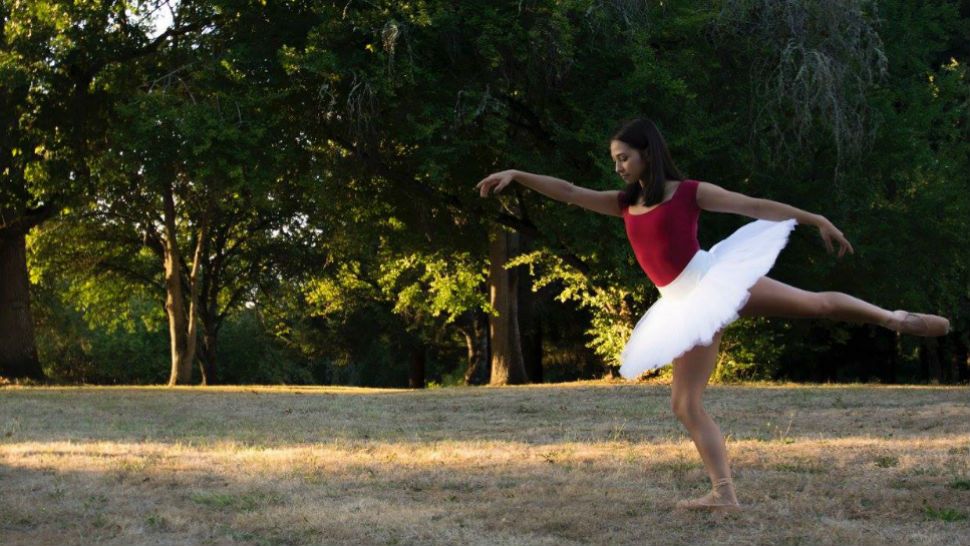AUSTIN, Texas – The second day of the trial for the 20-year-old accused of killing a University of Texas student is underway with more witnesses taking the stand.
Haruka Weiser was killed on April 3, 2016, while she was walking home from dance practice. She was found strangled and sexually assaulted in Waller Creek, just 100 feet away from her dorm room.
The suspect, Meechaiel Criner, is on trial for capital murder. Most of the case pivots on the evidence found in Criner’s possession when he was captured, including Weiser’s duffel bag.
On Thursday, Austin Police Detective Ray Tynes spoke about how Weiser’s body was discovered. Tynes said the first apparent blood stains in Waller Creek leading up to Weiser’s body were never tested.
The detective said he wasn’t sure how Weiser was moved across Waller Creek where she was initially assaulted. According to Tynes, Weiser was beaten after asphyxiation and believed the blunt force trauma to her head was caused by a rock.
The next witness, Austin Police Crime Scene Specialist Amanda Aguilar, showed the jury a yellow nylon strap found at the scene, claiming it was used to strangle Weiser. The state questioned Aguilar’s process for collecting evidence. She said gloves were used to pick up items at the scene, including Weiser’s blood-stained bra, glasses and a black hammer.
After two days of jury selection, opening arguments began on Wednesday. Weiser's father, Thomas Weiser, was the first witness to take the stand. He confirmed that the items found in Criner’s possession did belong to his daughter, including a book he gave her.
The courtroom also heard testimony from several of Weiser’s friends, who spoke fondly of her. They saw and talked to her on the evening of April 3 and recalled what Weiser was wearing: black tights, a black turtle beck, black boots.
They also said Weiser was carrying a blue and red duffel bag, a silver MacBook laptop, and a calculus book. Prosecutors said her clothes and belongings were found in several places Criner happened to be staying during the time of his arrest.
State prosecutors said that after tossing out DNA evidence because of procedural errors, the trial should only take two weeks. More witnesses are expected to take the stand in the following days.
CONTINUING COVERAGE:
- Day 1 for trial of man accused of slaying UT student
- DNA evidence tossed out in slaying of UT student Haruka Weiser
- UT 'safety hubs' unveiled amid anniversaries of students' murders
- Meechaiel Criner indicted on capital murder charges
- Haruka Weiser: Dedicated student with passion for dance
- UTPD honors Haruka Weiser 2 years after brutal murder




